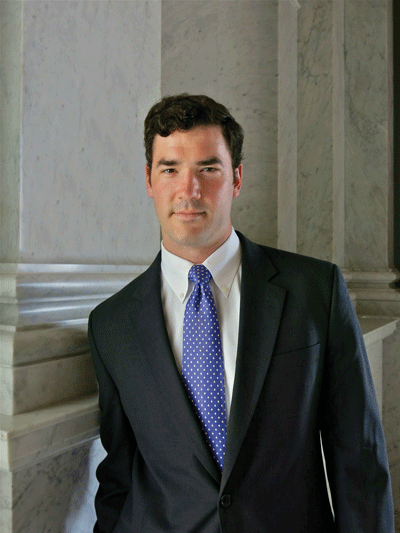The Election Is Coming!
 The first Presidential primaries for the 2016 election happen the first week of February 2016. As has been the case, the Iowa Caucus is the first and will take place Feb. 1, 2016, followed by New Hampshire on Feb. 9, 2016. South Carolina and Nevada will also hold their primaries in February, but split their dates depending on party affiliation. Super Tuesday, the nickname for the primary date for 13 states, will be March 1, 2016.
The first Presidential primaries for the 2016 election happen the first week of February 2016. As has been the case, the Iowa Caucus is the first and will take place Feb. 1, 2016, followed by New Hampshire on Feb. 9, 2016. South Carolina and Nevada will also hold their primaries in February, but split their dates depending on party affiliation. Super Tuesday, the nickname for the primary date for 13 states, will be March 1, 2016.
While these dates may seem far into the future, there is no shortage of news surrounding Presidential candidate hopefuls. The GOP has already held two debates among its crowded primary field, and the news media has already inundated the news cycle with campaign coverage.
And this is just for the Presidential election! There are also 435 seats in the U.S. House of Representatives, 34 for the U.S. Senate and 12 state governorships up for election.
Whether we are talking about Presidential, Congressional, Gubernatorial or local offices, this election matters a great deal to the direction of the United States.
It’s an even bigger deal if you consider how the election could impact the utility and excavation contracting industry as far as infrastructure investment or pro-business priorities are concerned. As of press time, Congress still has not found a clear path forward for the Highway Trust Fund. The EPA’s State Revolving Fund, which funds significant water infrastructure projects, has been on the appropriations chopping block for the last five years and faces the largest proposed cuts from the House and Senate Appropriations Committees of the Obama Administration. The Administration has pressed forward with harmful business regulations such as the Waters of the U.S. rule and a host of jobsite regulations, such as regulating silica dust and confined spaces. The list of significant issues that will be shaped by this election, for NUCA’s industry alone, is staggering.
So you should be getting ready now.
You should start talking to your employees about how national issues affect your ability to retain and hire new workers. Studies have shown that employees do look to their employers for information about elections and how they will impact their jobs. Unfortunately, all too many companies and businesses are not engaging their employees about elections.
At the very least, you should be helping them register to vote. Every state has different laws about registering, so visit NUCA’s Advocacy Center website and click on Election Information to find links to your state’s election websites. This is also where you can find and download information about early voting in your state.
We’ve designed the Election Information tab on the NUCA Advocacy Center to be a comprehensive NUCA Member benefit. You’ll also find information about the Presidential candidates, a list of the most hotly contested races for the House and Senate and resources to help you understand how things like the
Electoral College work and why they matter.
At your fingertips is a plethora of information about the election. Now is the time to educate both yourself and your employees.
Think about this: For the past several election cycles, the productivity of Congress has been near historic lows, and the partisanship with which members of Congress vote has steadily increased to historic highs.
Why is this?
Let me provide you with a somewhat oversimplified illustration. About one-third of the population is registered Democrat, another third is registered Republican, and the remaining third is either registered independent or not registered. Let’s assume one quarter of voters regularly vote in primary elections to choose the candidates. That means that the candidate is chosen by one-twelfth, or about 8 percent, of the eligible voting population. Does this sound like it’s likely to produce the best candidate? Let’s forget whether or not it creates the best candidate — is it likely to produce a candidate that is likely to be supported by 50.1 percent of the population? Remember that whether individuals vote or not, their elected officials still have a duty to represent them.
The problem is not only that voter turnout is low, but also that those who do turn out are largely the most polarized of the population. This creates an environment conducive of polarity rather than compromise.
But with such low percentages of eligible voters turning out, the threshold to measurably impact elections is significantly lower — especially with the primaries. Because there are so few votes cast in the primaries — which are arguably even more important than the general because they determine whose name is on the ballot — it takes significantly fewer votes to sway the outcome. Perhaps even fewer votes than the number of employees at your company.
Engaging your colleagues and employees, providing them with information about how the election can impact your work and giving them an opportunity to get registered to vote could, in a very real sense, be the difference between sending a pro-business, pro-infrastructure candidate to Washington and sending an obstructionist.
Will Brown is NUCA’s Director of Government Affairs.




